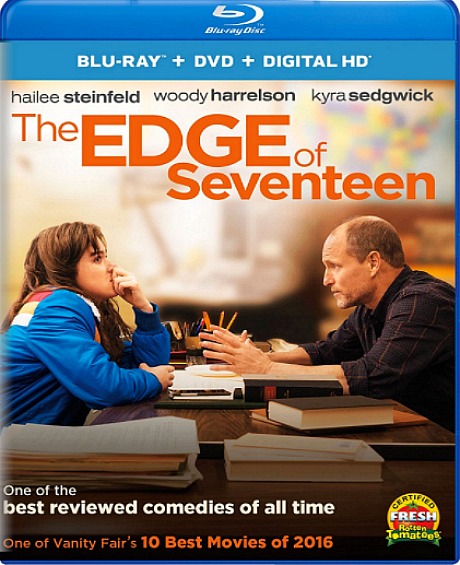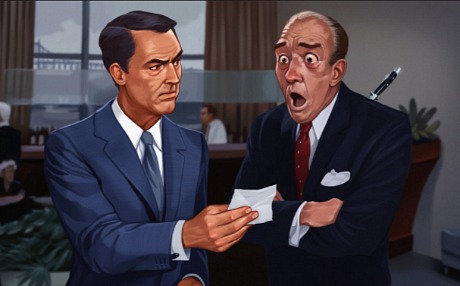Yeah, I know — I get up later than the rest of the country. Yes, many people in Paris, Berlin, Rome and Prague are either preparing dinner or about to order it right now, and New Yorkers are about to head out to lunch. Californians are always late to the table — we have to accept that. But I just listened to a full version of Cynthia Erivo and John Legend‘s God Only Knows cover, an abridged version of which was performed at last night’s Grammys. Why not, right?
Sidenote: I was eating in the early evening at Kung Pao (Fairfax and Santa Monica), and everybody and I mean everybody (the place was filled) was staring with child-like wonder, fascination and delight at the Grammy telecast. I for one have found the Grammys distasteful going back to the ’80s if not before. Mainly because they’ve always seemed to primarily be about “me, me, me, me, me, me, me and my wardrobe, my hair person, the lighting, the adoration” first and foremost, and the music a distant second if that. Not always but largely.









